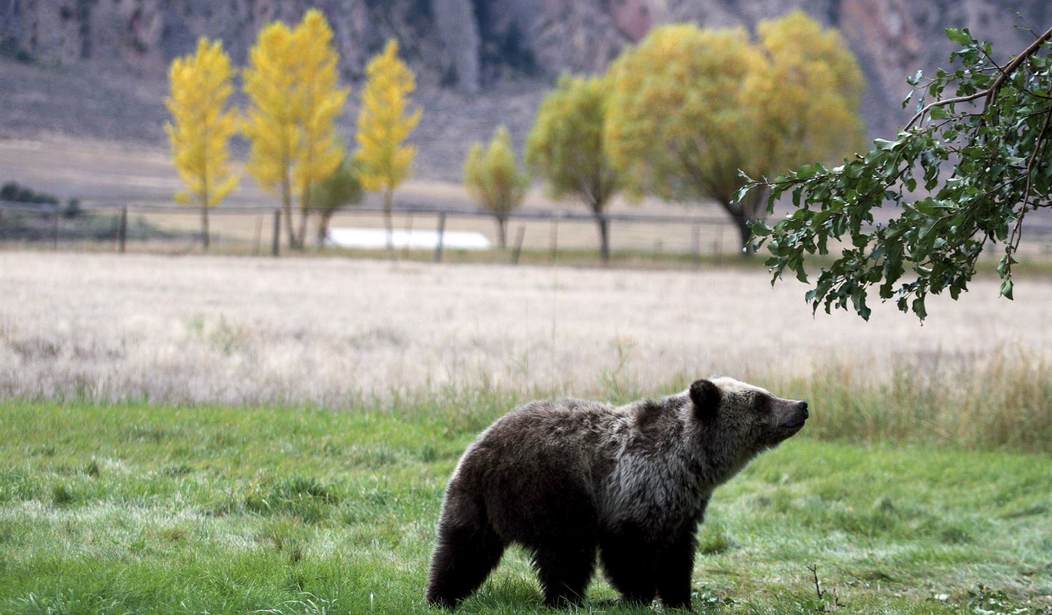In a historic first, the United States of America has appointed a diplomat for plants and animals.
Candidates for the position had to undergo several tests. For example, carnivores had to prove they could resist eating their human negotiators. Fish had to show they could exist out of water long enough to give a speech. And all plants had to prove citizenship. No illegal imports would be allowed.
Just kidding. Actually, the real story is even stranger.
Monica Medina is taking on a new role as special envoy for biodiversity and water resources, the State Department announced Wednesday. She currently serves as the department’s assistant secretary for oceans and international environmental and scientific affairs.
The appointment underscores the Biden administration’s desire to protect land and waters not just at home but to also conserve habitats abroad.
According to a 2019 UN report, a million species face possible extinction in the next 50 years. That’s bad news for them. But unless you want to stop expanding farmland to feed people and cutting down timber to give them fuel and build their houses, it becomes a matter of tradeoffs — people for tree toads. I’ll vote for the people every time.
And so will most governments. We’re already being heavily criticized by African and Asian governments for trying to restrict their development of resources. The way they see it, we can afford to restrict timber cutting and burning rainforests because we’re already wealthy. They don’t see why they have to assuage the conscience of western greens by denying themselves the benefits of their own resources.
For our VIPs: Green Parties in Europe Face Sobering Reality That They Need Fossil Fuels After All
So what does a “special envoy for biodiversity and water resources” actually do? Ms. Medina will attend a conference on biodiversity in December.
The aim of the U.N. Convention on Biological Diversity — also known as COP-15 — is for nations to reverse the loss of species by adopting an international framework for conserving biodiversity. The effort is akin to the climate talks in 2015 that yielded the Paris agreement.
What the United States wants out of the conference: For nations to commit to conserving 30 percent of their land and water area. “We are looking for ways to reach that goal, because that’s what scientists tell us we need in order to have a healthy planet,” Medina said.
One big hurdle: Defining what, exactly, counts as land and water conserved? “That is part of the discussion, is what counts,” she said.
Is the United States doing its part? President Biden set a goal of conserving nearly a third of the nation’s land and waters by 2030.
Again, we’re running into western aspirations to save the planet vs. third-world desires for rapid development. Unless the United States wants to come off looking like a bully, the “Ambassador for Plants and Animals” should take a low-key, undemanding approach.
But watch your back for those flesh-eating plants.










Join the conversation as a VIP Member